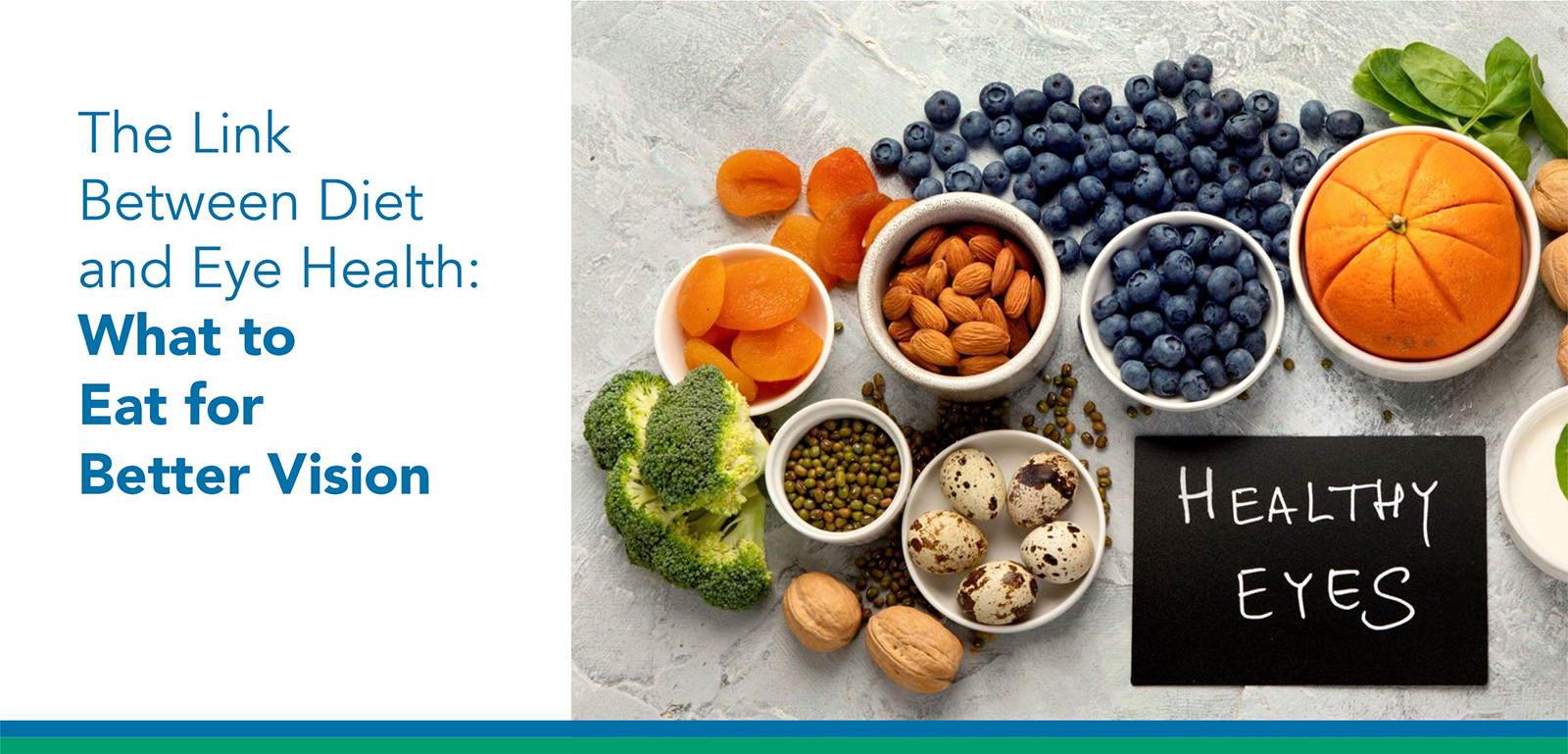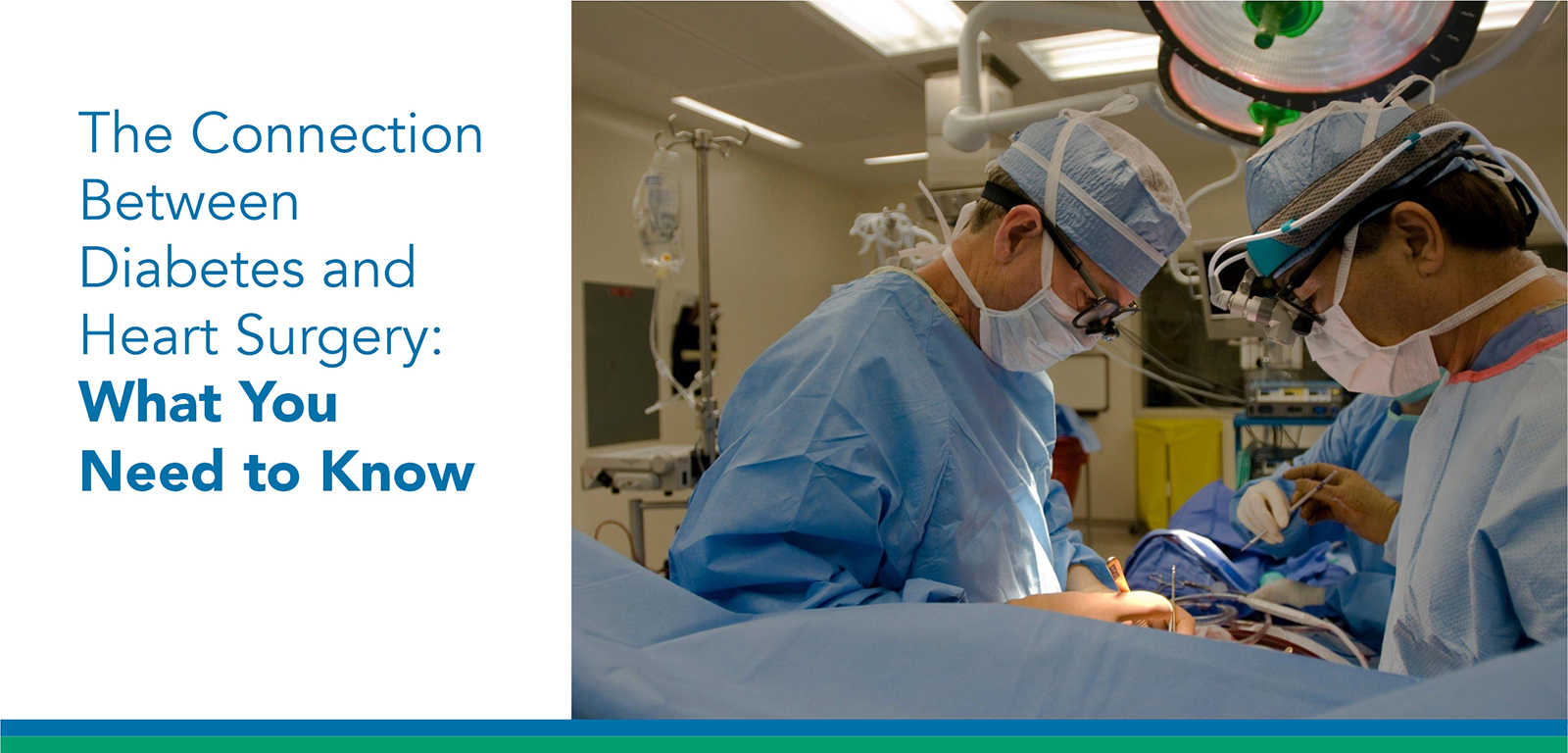The Link Between Diet and Eye Health: What to Eat for Better Vision

When it comes to preserving our precious sense of sight, many of us are unaware of the significant role our diet plays. Eyes are our windows to the world, and ensuring their health should be a top priority. Sterling Hospitals, Bhayli (Vadodara), is dedicated to eye care and boasts some of the best medical ophthalmologists in Bhayli. But beyond medical intervention, what can you do on your own to promote better eye health? Let's delve into the fascinating connection between your diet and vision.
The Marvelous Eye: A Complex Optical System
Before we delve into the dietary aspects, it's crucial to appreciate the complexity of the human eye. This remarkable organ comprises several intricate components, including the cornea, lens, retina, and optic nerve, all working in unison to allow us to see the world in vivid detail.
The eye relies on a delicate balance of nutrients, antioxidants, and vitamins to maintain its optimal functioning. Over time, external factors such as UV radiation, pollution, and age-related changes can put stress on the eye, making proper nutrition even more vital.
Key Nutrients for Eye Health
- Vitamin A: Often called the "eye vitamin," vitamin A is essential for maintaining good vision. It plays a pivotal role in the functioning of the retina, where light is converted into nerve signals that are sent to the brain.
- Lutein and Zeaxanthin: These two powerful antioxidants are found in high concentrations in the retina. They help protect the eye from harmful high-energy light waves like ultraviolet rays.
- Omega-3 Fatty Acids: These healthy fats are known for their anti-inflammatory properties. They can help prevent dry eyes and reduce the risk of macular degeneration.
- Vitamin C: This antioxidant not only supports the health of blood vessels in the eyes but also helps combat cataracts.
- Vitamin E: Like vitamin C, vitamin E is an antioxidant that can help protect your eyes from age-related damage.
- Zinc: Zinc is vital for the overall health of the eyes and may help prevent age-related macular degeneration and night blindness.
- Bioflavonoids: These plant compounds can help improve night vision and reduce the risk of cataracts and macular degeneration.
Foods for Optimal Eye Health
Now that we've highlighted the key nutrients, let's explore the foods that can provide these essential elements for maintaining and enhancing your vision.
Carrots: They contain beta-carotene, which the body converts into vitamin A. This helps maintain good vision, especially in low light conditions.
Spinach and Kale: These leafy greens are rich in lutein and zeaxanthin, which protect the eye from harmful light waves and reduce the risk of age-related macular degeneration.
Fatty Fish: Salmon, mackerel, and sardines are excellent sources of omega-3 fatty acids, which can help prevent dry eyes and promote overall eye health.
Citrus Fruits: Oranges and grapefruits are packed with vitamin C, which supports blood vessels in the eyes and lowers the risk of cataracts.
Nuts and Seeds: Almonds and sunflower seeds provide vitamin E and zinc, both crucial for maintaining eye health.
Berries: Blueberries and strawberries contain antioxidants that can protect the retina from oxidative stress.
Eggs: They are rich in lutein, zeaxanthin, and zinc, all of which contribute to eye health.
Peppers: Bell peppers, especially the red ones, are loaded with vitamin C.
Carrots: They contain beta-carotene, which the body converts into vitamin A. This helps maintain good vision, especially in low light conditions.
Sweet Potatoes: Another excellent source of beta-carotene, sweet potatoes support vision and overall eye health.
The Role of Supplements
While obtaining essential nutrients from your diet is preferable, supplements can be a convenient option, especially for individuals with specific dietary restrictions or medical conditions. However, it's essential to consult with a healthcare professional before adding supplements to your daily routine to ensure they are suitable for your needs.
Lifestyle Choices for Healthy Eyes
Diet is just one piece of the puzzle when it comes to maintaining good eye health. Other lifestyle factors can also make a significant difference:
- Protect Your Eyes from UV Rays: Always wear sunglasses that provide UV protection when you're outdoors.
- Stay Hydrated: Proper hydration is essential for maintaining the moisture balance in your eyes.
- Quit Smoking: Smoking is a major risk factor for age-related macular degeneration and cataracts. Quitting can significantly reduce your risk.
- Regular Eye Checkups: Don't underestimate the importance of routine eye exams. Early detection of eye conditions can prevent them from worsening.
- Manage Chronic Conditions: Conditions like diabetes and hypertension can affect your eyes. Manage them effectively with the help of your healthcare provider.
In Conclusion
Your vision is a priceless gift that deserves your utmost care and attention. By incorporating a diet rich in the essential nutrients mentioned above and making wise lifestyle choices, you can take significant steps towards maintaining and enhancing your eye health. Remember, your eyes are not just windows to the world; they are the lenses through which you experience life itself. Treat them with the respect and nourishment they deserve, and they will continue to serve you well for years to come.





